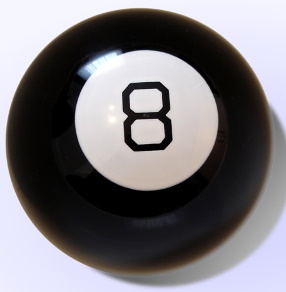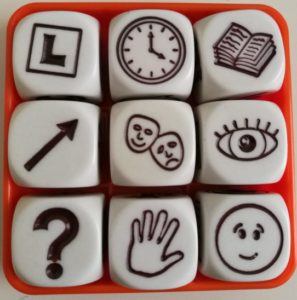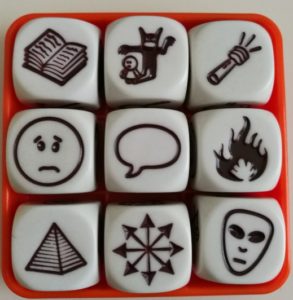Magic 8-Ball
There are plenty of people you can ask for advice and help about the viva – but there’s plenty of other ways you get help too.
Even a Magic 8-Ball could help! Here’s a partial transcript from a recent conversation that a PhD candidate had with theirs…
 Magic 8-Ball, do you know a lot about the PhD viva? Without a doubt.
Magic 8-Ball, do you know a lot about the PhD viva? Without a doubt.
You have a doctorate?! Yes.
And you can answer pretty much any question I have about the viva too? Most likely.
OK, do you know what the outcome of my viva will be? Better not tell you now.
That’s fair I guess… But my examiners will have an idea, right? Yes – definitely.
Will they tell me if I’ve passed at the start of my viva? My sources say no.
I’ve heard they prepare quite thoroughly in general, is that right? You may rely on it.
Do you think my viva will be easy? Cannot predict now.
OK, but could I fail? Very doubtful.
I’ve heard that most people pass. Outlook good.
I’m just worried I’ll go blank. What could I do? Concentrate and ask again.
The questions won’t be too tough, right? My reply is no.
Will I get corrections though? It is certain.
I’ve heard that some people get no corrections though- Don’t count on it.
Hmmm. Is it possible for me to get ready for the viva even if I’m busy? As I see it, yes.
My examiners want to explore what I’ve done and what I can do, is that the short of it? It is decidedly so.
And if I’ve got this far through my PhD, I can do the viva too? Signs point to yes.

